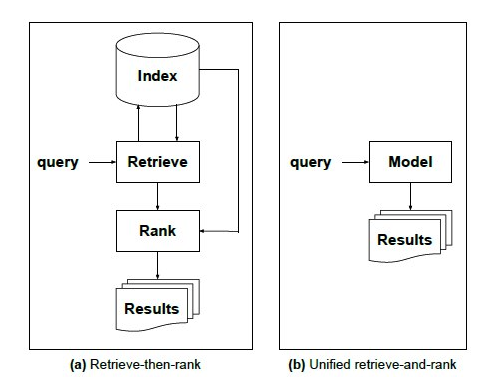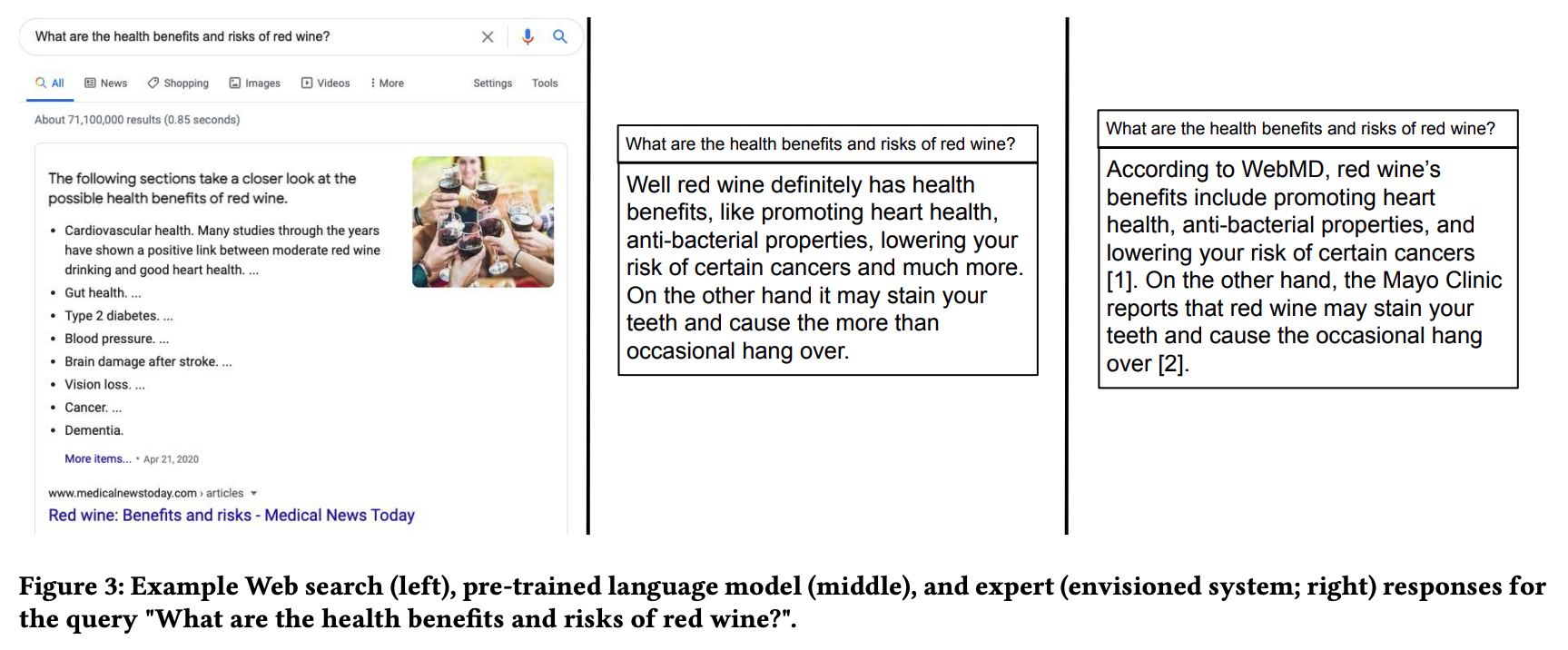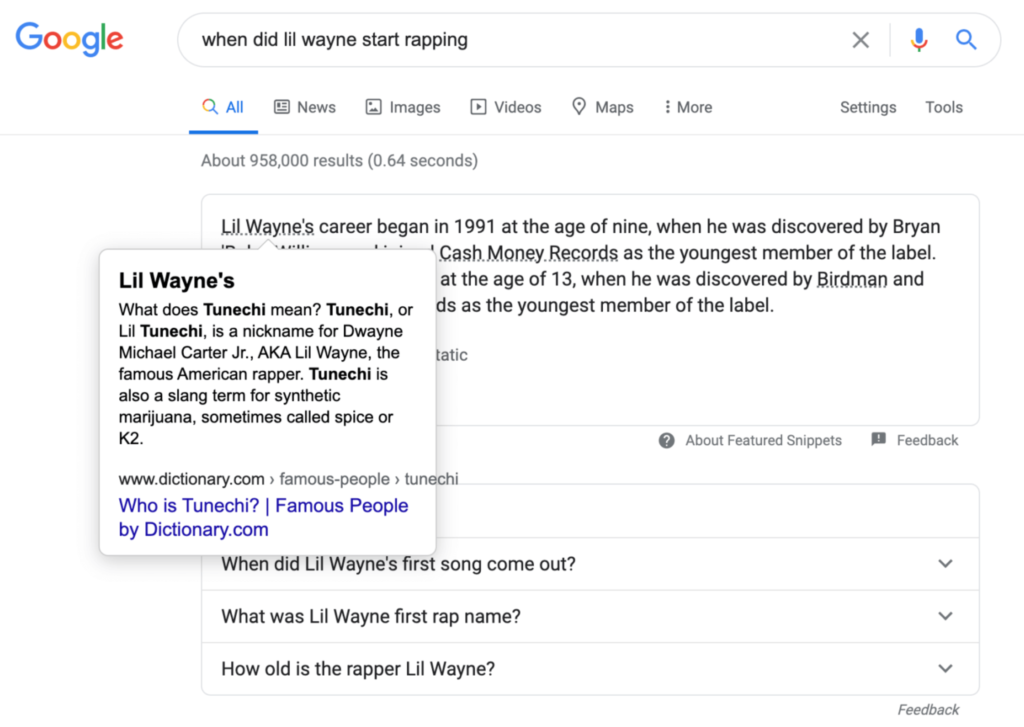Article's Content
Welcome to Volume 33!
Google is keeping us busy with new releases, beta-testing updates, and bugs leading us to believe there are more changes underway.
Luckily, one less than favourable Google update has been confirmed to be just a bug and we can go back to getting a peaceful night’s sleep.
Before we get into that, here’s a peek at what’s to come:
- Language processing AI models might ruin Google’s SERP forever.
- The featured snippet “update” was in fact a bug.
- Glocalization; what it is and what you need to know.


Google goes all-in on AI
More often than not, proposals lead to a celebration.
But I’m not planning to say I do to Google’s latest proposal.
On May 5, researchers published a proposal to cut out the middle man (aka our content) and answer queries directly from Google using AI technology.


Instead of ranking and recommending online content for users to satisfy their query with, Google is proposing using AI to read all of the content and prepare answers directly for users.
This AI answer will replace the featured snippet section and include links out to primary sources of information used in generating its answer.


Although this change will drastically shift how we engage with search engines, page rankings will be as important as ever. Content will still be needed to support users in the buying journey, achieving recognition from the AI processor, and provide additional information to users looking for an in-depth answer rather than an artificial snippet.
Google has no current plan to roll this into action, especially since the large pre-trained
language models are still under development. According to the proposal, “they do not have a true understanding of the world, they are prone to hallucinating, and crucially they are incapable of justifying their utterances by referring to supporting documents in the corpus they were trained over.”
This updated search engine experience is a ways off, but I hope this proposal ends up being left at the altar.
Until then, let’s keep ensuring our sites are optimized for the users’ and search engines’ benefits.
Key Takeaways
- Google isn’t making changes as of yet, but this is a shocking undertaking.
- AI-generated answers are on track to reshape the world of SEO and SERPs.
- Claiming a featured snippet, and having quality content, is going to be increasingly important as we vie for the primary source link-outs.
It’s a bird, it’s a plane, it’s a bug…
On January 28, we covered Google’s testing of contextual links. These contextual links have been in testing since November 2020, and they offer additional context in featured snippets when hovering over different terms.


In India, earlier this May, users were finding that Google wasn’t just using the hover feature for additional context. They had begun including hyperlinks that link out from the featured snippet.
This may be already there but seeing this first time, on featured snippet now Google adding hyperlinks from the text to google search for the related terms.
In the screenshot, cloud, cloud security, and cybersecurity are linked to the google search page.
cc – @rustybrick pic.twitter.com/2RFhfVwHSR— Ramesh Singh (@ramesh_s_bisht) May 3, 2021
And let me tell you, people were not too happy about it.
This is shady as hell.
— Jeremy Knauff (@jeremyknauff) May 3, 2021
These links are known as search refinements, as they are used to refine vague queries and guide users onto a different Google SERP. Rather than directing users to new pieces of content, the links were taking users to a different SERP that was more “more refined.”
However, this is in fact not a feature. Google isn’t looking to input these kinds of links into featured snippets—it was all just a bug. Hopefully, due to the less than warm welcome from the SEO community, this is not a feature they pursue in the future.
Key Takeaways
- Google isn’t planning on inputting search refinement links into featured snippets.
- Contextual links are still underway in testing mode, but they won’t be link-outs, just hover-overs.
Glocalization—no typo here
Globalization has been around since the 90s and in more recent years we have seen the importance of localization—at least in the SEO world.
Glocalization is the amalgamation of the two; taking a global product and giving it a localized spin. This concept is rising out of the mixed views consumers have around global brands. Some love to support a well-known brand as it signals quality, while others are hesitant to support generic global products at the cost of local businesses.
Big-name companies such as McDonald’s have undergone their own process of glocalization by tailoring their menus to cater to local tastes and preferences. This is what the goal is for your content marketing when taking it glocal.
You want to ensure that the content and SEO setup is designed for the local market. It’s one thing to ensure your page is translated or translatable to the local language, but glocalization takes it further and covers:
- Word choice
- Tone of voice
- Corporate storytelling
- Brand name and colours
- Social media strategies
… and much more.
Ecommerce is an industry that requires elements of glocalization due to the globally accessible nature of online sales. Each page, product description, and customer service experience should be tailored to that buyer’s local preferences.
Machine learning and translation programs can handle the language conversions, but it does fall flat when identifying keywords that perform locally on a global scale.
One high-ranking term in English may not have the same search volume in Spanish, or it may fail to translate properly.
And this is where the work comes in to successfully optimize your site for glocalization. Identifying the right keywords and including them in headers will have to be done manually on a per-region basis.
Digital Public Relationships Expert, Sarah Evans has this to say in regards to going to glocal.
“Humanizing your message, voice, and visuals to meet the local culture where they are will proactively help set an international brand up for public relations success. Strategic glocal content marketing focused on earned media and local SEO bridges the gap between global and local for a smother runway into new markets.”
One company that has successfully glocalized on the back of content is Airbnb. And they’ve managed to do so in a very unique way by relying on their users. As an international platform, with hosts and renters operating around the world, Airbnb allows people to leave reviews in their native tongue. Once a review is left, Airbnb has the technology in place to quickly translate a review into any supported language right in the app.
Taking it one step further; Airbnb has employed a team of localization experts and localization technology that are responsible for locally optimizing pages correlating to the region’s top-ranking search terms.
Overall, glocalization is the way to go if you are looking to take your company on the back of content marketing. Ensuring your pages are set up to best address your audience wherever they may be. And in the world of the internet, your audience may be further away than you’ve imagined.
Key Takeaways
- Optimizing localized high-value pages based on regional keywords will boost your chances of success in going global.
- International businesses need to appeal to their global audience by employing local terms and tones in the native language.
- Although translation can be done through machines and technology, keyword optimization remains a manual labour of love.
OTHER NEWS OF THE WEEK:
🦄 Moglix has just become the 13th Unicorn of 2021! Their industrial business-to-business marketplace has raised $120M in the last funding round, bringing their valuation up to $1B.
🪙 The crypto market experienced the worst one-day drop since March of 2020, with Bitcoin and Etheruem plummeting following China’s ban on financial and payment institutions supporting cryptocurrency services. This drop has led to the market capitalization of the crypto sector decreasing by roughly $1T.
👬 Atlan’s SaaS data collaboration platform has raised $16M in its Series A financing round. This young start-up is making moves into the international market, with offices popping up outside of India and around the world.
💳 Buy now, pay later is making its way into the B2B world thanks to Affirm’s new platform. Affirm was able to raise $60M in funding led by Initialized Capital.
BRAIN FOOD OF THE WEEK:
Out with the old and in with the new. Once holding the 95% monopoly over internet browsers, Internet Explorer is no longer the player it used to be as it now controls <1% of the market share.
Microsoft has been slowly phasing out Internet Explorer for a few years now, with the initial launch of Microsoft’s Edge in 2015, and the updated Chromium supported release in 2020. Now as Edge rises as the priority hosting platform, Microsoft will be retiring Internet Explorer on June 15, 2022. Gone but never forgotten are the days of slow browsing speeds and the nostalgia of Internet Explorer’s haloed E.
TWITTER THREAD OF THE WEEK:
Using Content To Hit $100K In Sales by Steph Smith
WHAT WE’RE WIRED INTO THIS WEEK 🎧:
Fiver with The Atlantic School of Spontaneous Composition by Fiver (Best Track: Jr. Wreck)
Originally sent out, by me Cali B, on Thursday, May 27, 2021.
Stay up to date with all of our latest findings by subscribing to our newsletter today. Signing up also gives you early access to Ross’ Tuesday essay full of exclusive industry insights.
Quick, do it now before the next drop!







